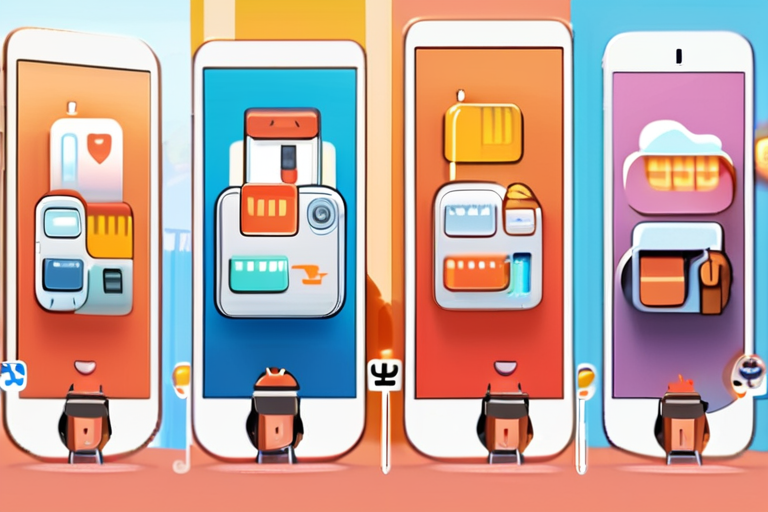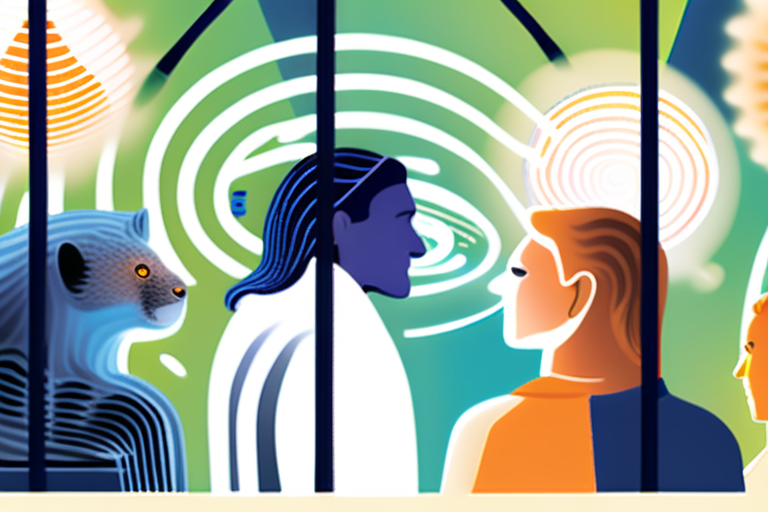Sora Copycats Flood Apple's App Store, Some Still Remain
In the wake of OpenAI's launch of its invite-only video-generating mobile app Sora last week, a wave of copycat apps flooded Apple's App Store. According to research provided by app intelligence platform Appfigures, over a dozen Sora-branded apps went live on the App Store after the official app's debut.
These impostors, which included some that had been live on the App Store under different names since earlier in the year or even last year, used the trademarked brand name "Sora" and its variant "Sora 2" to deceive users. Many of these apps were not newcomers, with some having been active on Google Play as well.
"We've seen a surge in copycat apps trying to ride the coattails of successful launches," said John Gruber, an Apple blogger and pundit who spotted one of the Sora-branded impostors. "This is the App Store scam of the week."
The Sora app uses OpenAI's new AI video model, which was released alongside the mobile app. The model's underlying technology has been making waves in the tech industry, with many experts hailing it as a significant breakthrough.
"Sora 2" apps were particularly prevalent, with over half of the Sora-branded impostors using this name specifically. This suggests that some developers may have attempted to capitalize on the buzz surrounding OpenAI's new AI video model.
The App Review process, which is designed to ensure that apps meet Apple's guidelines and are free from malware, failed to catch these copycats. However, it's unclear how many of these apps were removed from the App Store after being flagged by users or detected by Apple's moderators.
OpenAI has not commented on the issue, but experts say that this type of behavior is not uncommon in the tech industry.
"This is just another example of how quickly scammers can adapt to new technologies and trends," said an expert who wished to remain anonymous. "It highlights the need for more robust security measures and better app review processes."
As of now, some Sora-branded impostors still remain on the App Store, although their numbers have decreased significantly since the initial surge. Apple has not commented on how many apps were removed or what steps it is taking to prevent similar incidents in the future.
The incident serves as a reminder that even with robust security measures in place, scammers can still find ways to exploit vulnerabilities and deceive users. As the tech industry continues to evolve and new technologies emerge, it's essential for developers, regulators, and consumers to stay vigilant and adapt to these changes.
In related news, OpenAI has announced plans to increase its efforts to combat app impersonation and protect its brand. The company has not specified what measures it will take but has emphasized its commitment to maintaining the integrity of its products and services.
The Sora app's success has sparked a wave of interest in AI-generated content, with many experts predicting that this technology will have significant implications for industries such as entertainment, education, and marketing. As the tech industry continues to explore the possibilities of AI, it's essential to address the challenges posed by scammers and ensure that users can trust the apps they download from the App Store.
Background:
OpenAI's Sora app uses a new AI video model that was released alongside the mobile app. This model is based on a variant of the Transformer architecture, which has been widely used in natural language processing tasks. The model's underlying technology has been making waves in the tech industry, with many experts hailing it as a significant breakthrough.
Additional Perspectives:
Experts say that this type of behavior is not uncommon in the tech industry and highlights the need for more robust security measures and better app review processes.
"This is just another example of how quickly scammers can adapt to new technologies and trends," said an expert who wished to remain anonymous. "It's essential for developers, regulators, and consumers to stay vigilant and adapt to these changes."
Current Status:
Some Sora-branded impostors still remain on the App Store, although their numbers have decreased significantly since the initial surge. Apple has not commented on how many apps were removed or what steps it is taking to prevent similar incidents in the future.
OpenAI has announced plans to increase its efforts to combat app impersonation and protect its brand. The company has not specified what measures it will take but has emphasized its commitment to maintaining the integrity of its products and services.
*Reporting by Techcrunch.*



 Hoppi
Hoppi

 Hoppi
Hoppi

 Hoppi
Hoppi

 Hoppi
Hoppi

 Hoppi
Hoppi

 Hoppi
Hoppi











